SIMTERRORISM – Modeling Religious Terrorism in Populations impacted by Climate Change
A book by Andrea Molle
available in our catalogue on Amazon (click for sample)
This volume examines the combined effects of risk propensity, relative deprivation, and social learning of deviance on the collective grievance within a religious population under the assumption of civil unrest caused by extreme climatic events. We designed an agent-based model to demonstrate how greater or lesser amounts of grievance towards political authority are likely to create an ideal en-vironment for organized violence to emerge when resources are threatened by climate change.
Scholars have tried to formulate a generally accepted definition of religious terrorism for almost four decades, but its investigation is still controversial, especially in the context of the emerging study of the political and social consequences of climatic events. This particular form of terrorism is nevertheless highly diffuse and observed to be coming from smaller clubs of radicalized individuals instead of main-stream religious groups. However, we find that doctrinal explanations appear irrelevant in explaining how terrorist cells emerge and organize themselves.









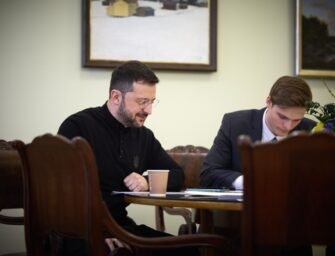
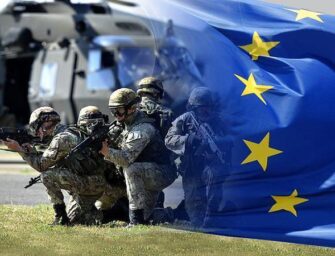




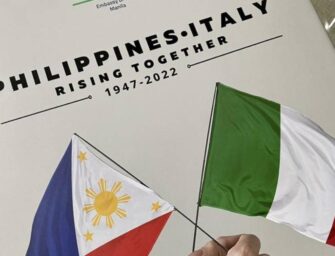



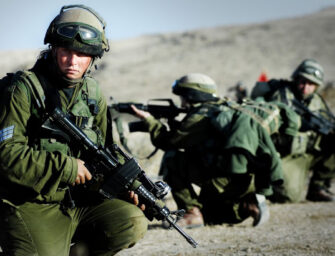



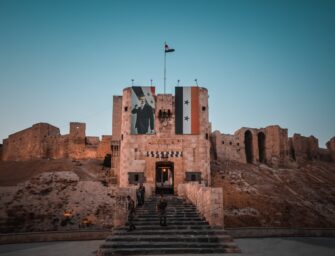



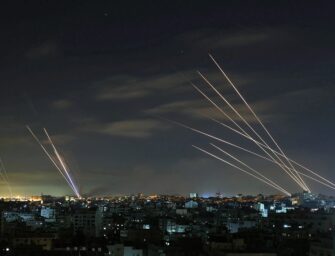


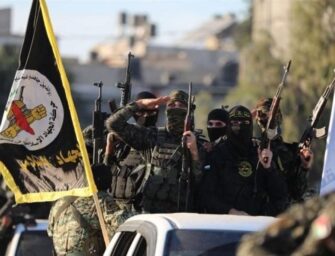
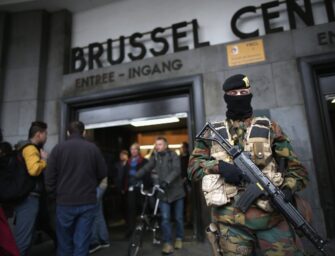


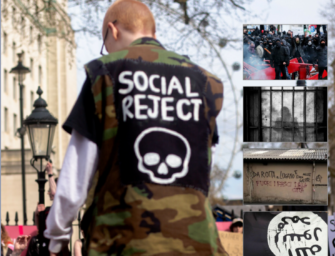
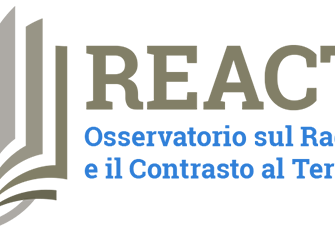
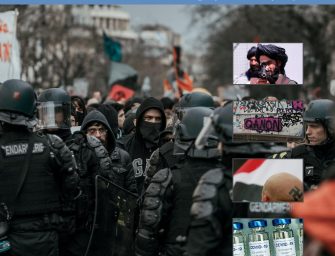


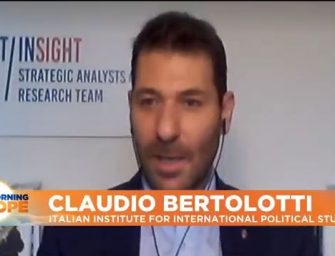

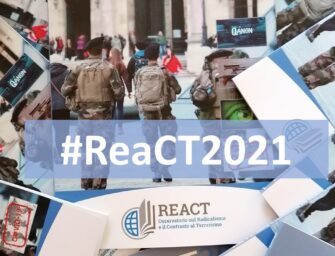
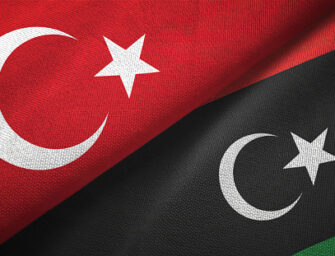
There are no comments
Add yours